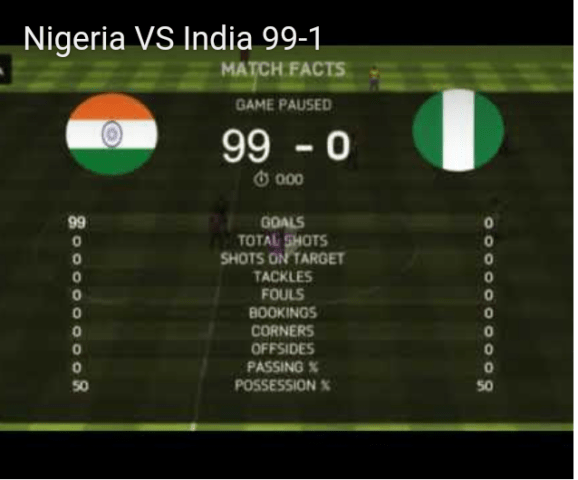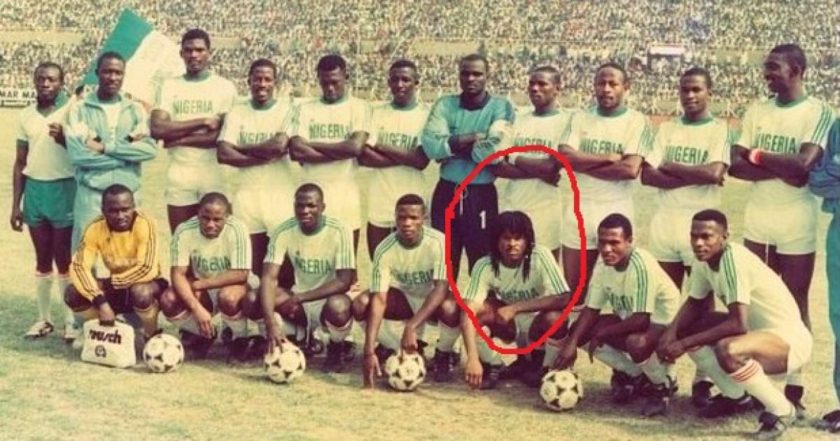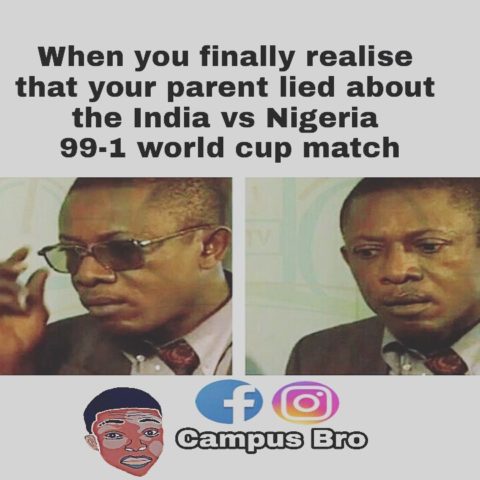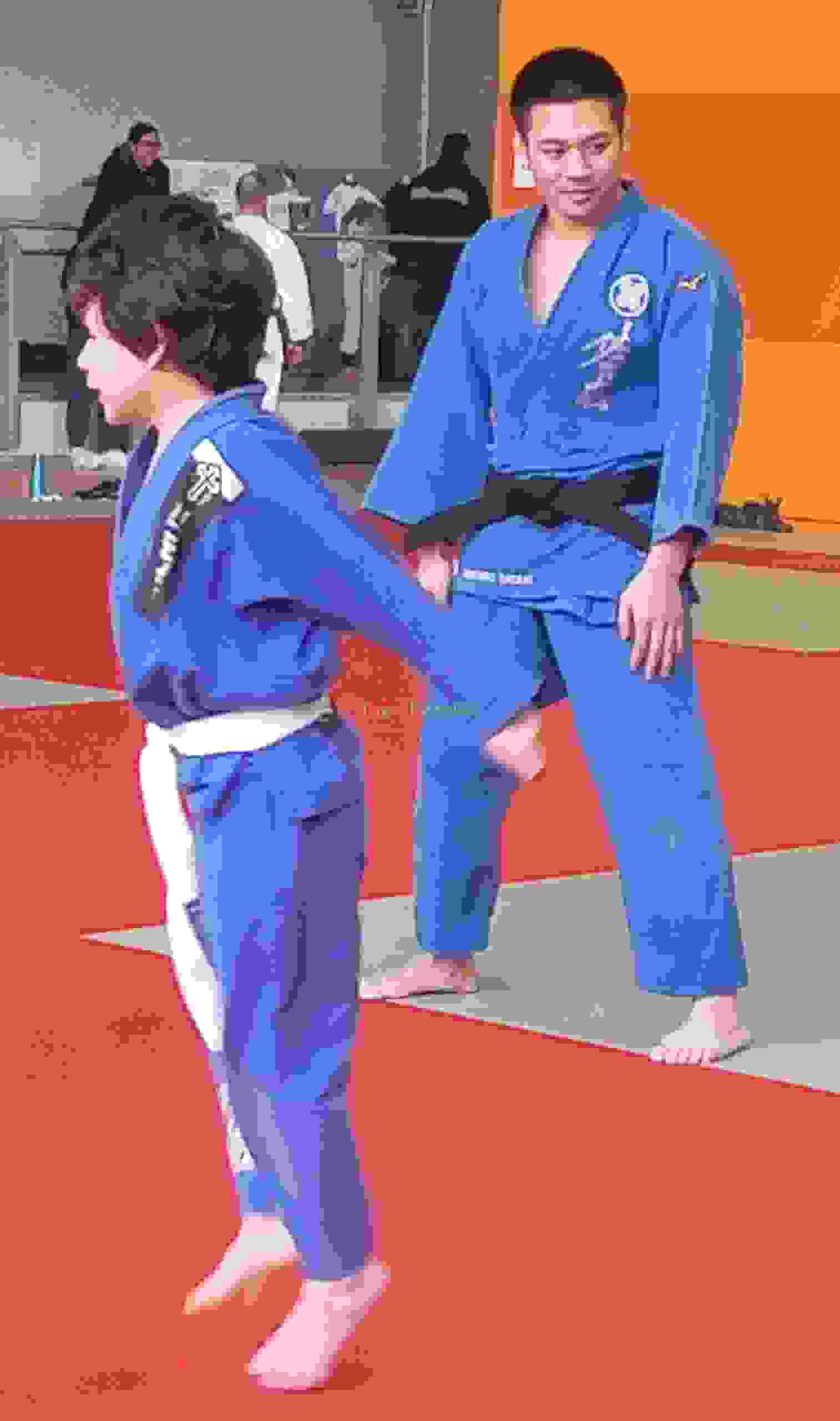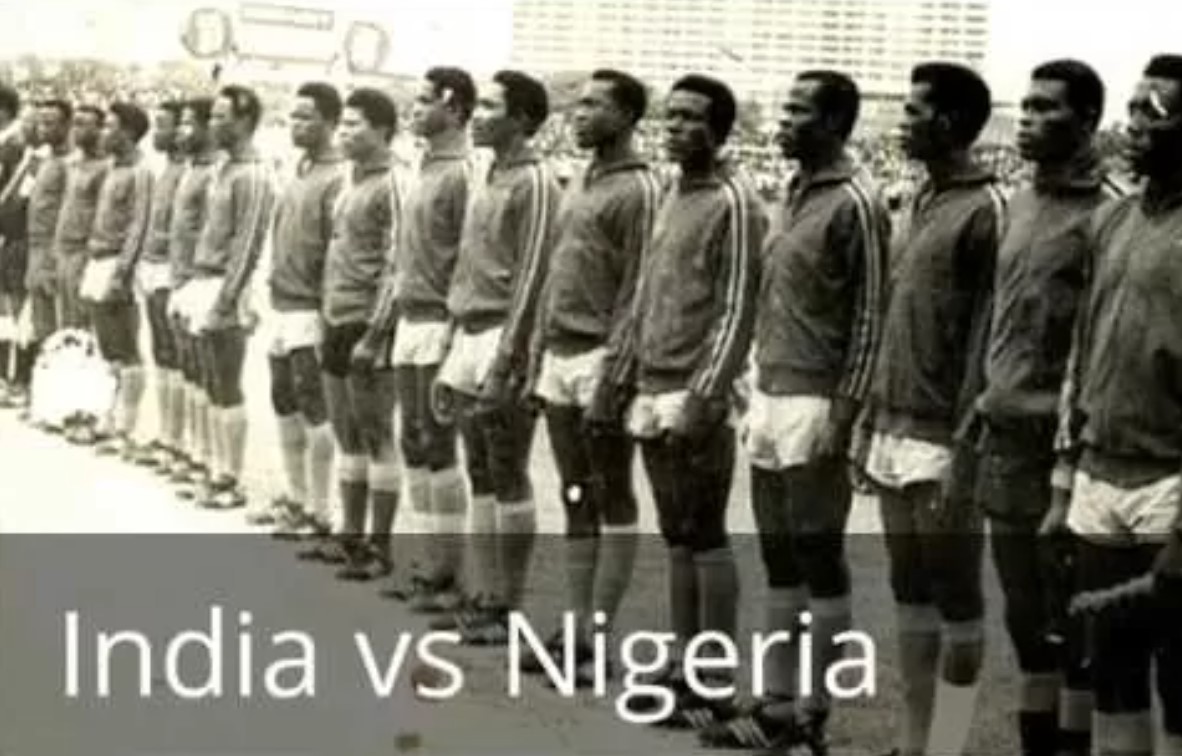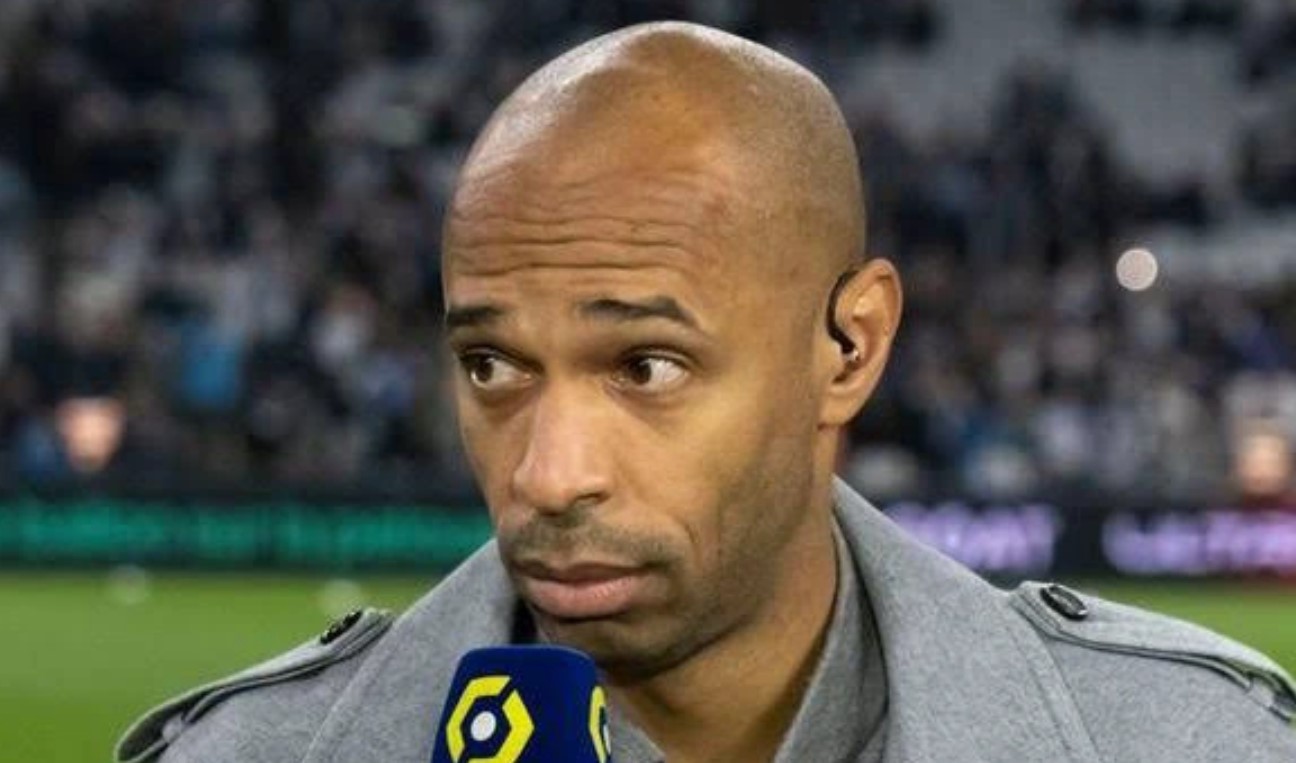Kindness, affability, determination. And a great desire to tell stories and share generously. The twenty-nine year old Kotaro Sasakiformer coach of the Polish national team, met at Skorpion Stage in Piancavallo in spring, it is told in 360°, from his beginnings on the tatami in his father’s dojo to his future in judo, with ambitious and unconventional projects.
In previous interviews you have stated that your goal as a teacher is to combine the European and Japanese judo styles. Are you succeeding in your aim?
My original idea was to combine European physicality and Japanese technique: even in Japan we have high-level competitive judokas with imposing builds, but, for the most part, we are of medium-short stature, therefore inferior from a physical point of view. From a technical point of view I think we are superior because we have a much more detailed way of understanding techniques. Therefore my ideal judo would be composed of a hybrid of the two components: European physicality and Japanese technique. I’m working on it.
Don’t you think that sometimes too much attention is given to the physical component to the detriment of the technical one?
The athletic component is necessarily trained because it is important to give a strong and stable judo and increase the percentage of victories, but I believe it should not overwhelm the athlete’s preparation and technical execution, which is why I am aiming for the creation of a judo hybrid.
The main concept of judo is to remain standing while the opponent is thrown to the ground. Very often, nowadays, we see technical executions, even by very strong athletes, who aim to perform spectacular movements, which, if successful, can earn an ippon. However, I prefer not to teach that kind of movements, called kishu waza, because they are sudden techniques, performed relying on the surprise effect unleashed in the opponent. They are techniques that can only work sometimes, for example kata guruma, sumi gaeshi, tomoe nage, ippon seoi nage on the knees, because if they are repeated often, the opponent will now expect them and pin you to the ground. I am of the opinion that, if you can immediately return to the tachi waza position, once the attempt has failed, then it is ok; but if, however, as often happens, you remain in a position from which it is impossible to attempt other attacks, you risk being warned for a false attack. Standing judo makes sense when performed from a standing position.
You are originally from Shimane Prefecture, where sumo is widely practiced. What does Sumo represent for you?
Yes, we also practice Sumo in judo training and also at school: when we have free time, in moments of recreation, we simply draw a line on the ground, in the sand, with a stick and we get together with friends, entering the circle to fight in turn. I find sumo elegant and close to the gods in some way. We are mostly Shinto in Japan: we have many gods and we also believe in animism. We believe that every object has its own special essence, so we must have respect for everything and not throw things down badly, because everything has its own spirit, so to speak, I don’t know if that’s the correct definition; we certainly treat everything kindly. I don’t know if it can be defined as a real religion, but the point is that it has a lot of relevance to sumo, because it is very close to the history of the birth of Japan. According to our mythology, in fact, sumo was born when two gods started fighting to gain greater control over each other’s territory and this is the story of the origin of all fighting disciplines in our country. The ritual/religious component is very visible when witnessing a match: they spread salt before the fight to purify the place, they stare into each other’s eyes seeking concentration, they practice rituals… and they don’t make senseless movements. Everything they do somehow represents attention to the environment around them and is closely linked to our profound concept of religion and respectful combat.
You have two brothers and a sister: do they still live in Japan?
My younger brother by two years [ndr Takeshi Sasaki, vincitore nel 2022 dei Campionati Asiatici e medaglia d’oro ai Masters 2018 a Guangzhou] he is a professional judoka. He is returning to competition after an injury; my sister, who is four years younger, [ndr Chie, vice campionessa Mondiale Cadetti nel 2015 e un oro all’European Open di Bratislava nel 2020] she married shortly before interrupting her racing career. Finally, there is my little brother, [ndr Yudai, di 23 anni]who became a judo coach within our dojo at home, where my father teaches.
When you were still a very young judoka you traveled around Japan a lot to practice judo with different opponents.
Exact. I wanted to meet good judokas and good techniques. I found “magical” techniques in different cities, such as Osaka, Kyoto, Hiroshima, and just as many strong judokas, each with their own “special”. When I attended Tokai University my dream was to become a professional athlete and, at the same time, a good coach. I gave my all to try to make my first dream come true, but I also started studying to become a good teacher, just like my father is. I studied for a teaching license in Japan – most clubs are connected to the education system within schools. So first you need to be a school teacher and then a judo coach. I studied to become an English teacher. What I understood by meeting good level athletes, before starting to teach, is that there are certainly very strong Japanese judoka, but that there are also many very good ones around the world who respect the so-called “old style” judo. My task is to ensure that each of my athletes, while respecting the fundamentals, develops their own way of practicing judo that allows them to express themselves to the fullest.
Who is your favorite champion of all time?
I used to shoot ippon seoi nage, so Koga Toshihiko Sensei has always been a great inspiration to me and I have always admired him greatly, as has Tadahiro Nomura for his morote seoi nage, another extremely difficult technique; for the same reason, the extreme difficulty of execution, Kosei Inoue… I have many people I still look to for inspiration. I needed to feel for myself how the best morote, the best uchi mata, the best o uchi gari is rolled… I gathered all the information I could.
You were also lucky enough to come into contact with these great champions and teachers…
Yes, for example Inoue, who was my teacher in Tokai. I also recently had the pleasure of acting as uke for him during one of his workshops: I thought he was in France, but when they told me he had moved to Belgium to hold this workshop, I changed my plane ticket and flew there just to be able to give him from uke! It was a wonderful experience, because the atmosphere he manages to create, the judo he shows, the athletes who come from all over the world to attend his lessons, are unique. Every movement he makes is perfect and engaging: as uke I can perceive, through his movements, what he wants and needs.
Where do you currently live? READ FULL STORY HERE>>>CLICK HERE TO CONTINUE READING>>>
I live in Warsaw, Poland. I no longer coach the national team, but I like living here. I also like to travel and keep in touch with athletes. Now I work in a club and what I want is to learn to express myself correctly in Polish, to be able to interact with people, with coaches, physiotherapists, presidents. The Polish community is inspiring me to learn. I still feel like a beginner when talking to people, but they are very nice and answer me politely.
Do you feel like a citizen of the world or like a Japanese abroad?
I believe that, regardless of where I am, my true home is the tatami! It’s where I spend most of my time. My birthplace is in Japan, of course, but both my childhood friends and I have moved away from our hometown and it is increasingly difficult to meet up, so the Japanese community abroad is now my second family.
What do you miss most about Japan?
The food! And the family. And the friends. And Japanese nature: the water, the forests, the ocean… the European ocean is different… the Baltic Sea which Poland overlooks is quite cold, they are not waters in which to bathe, unless you want to feel the chills, nor where to stay on the beach. I love swimming! In Japan water is like broth!
What’s your favourite food?
Cream Stew: It’s a kind of soup with milk, chicken, broccoli, carrots and onion. And then rice: I love rice, I eat it every day in Poland. It is different from Japanese rice, but has a similar flavor.
What is judo for you?
That’s all! I would like to do many things, but I don’t always have the time, because I give priority to judo, it is the priority part of my life. It gives me education, work, it has to do with food…
Do you bring your concept of judo into your life even with people who don’t practice it?
You know when I was talking earlier about Sumo which is closely related to religion and Shintoism and requires having kindness with every object, as well as with every living being? I believe the same attention is necessary in judo, even if perhaps it brings with it greater aggression, indeed, perhaps precisely for this reason it is necessary to learn to control ourselves and manage our instincts: if aggression got the better of our way of acting we would be animals all effects. We must learn the true values of judo and my goal is to transmit them to the world, but not in a way limited to judokas, but rather by touching different people and aspects of their lives. I have an ambitious dream: I want to bring judo into the world of moda. I have found some good suppliers of judogi and I would like to make the judogi an item of clothing that can also be used when walking on the street and I want to start right from Poland. Of course, the whole idea is still in its embryonic stage: I still have to make some drawings, create, do some tests, but I have a very clear image of where I want to go. Sometimes we need to be classic, like when we wear the white judogi, sometimes we need to stand out, like when we wear the blue judogi. I want to underline this double facet and also convey that feeling of striving for the best version of ourselves that judo transmits.
Do you personally have a preference between white and blue judogi?
I really like blue judogi, because when I was little for me it represented the fact of participating in international competitions and therefore being a professional and it has never stopped exercising this type of fascination on me. Of course, white judogi is very practical and equally beautiful, but white stains easily, so you have to be careful!
What’s in your future?
I want to stay in Poland and teach judo, but I haven’t decided where or how yet. I love Poland, I am involved in the local judo community and I want to give back with a contribution that is significant to what has been given to me so far, the excellent welcome I have received. I would like to found my own dojo in the future, if possible.
2024-06-22 21:49:34
#Italian #Judo #Wrestling #Karate #Martial #Arts #Federation
Related
